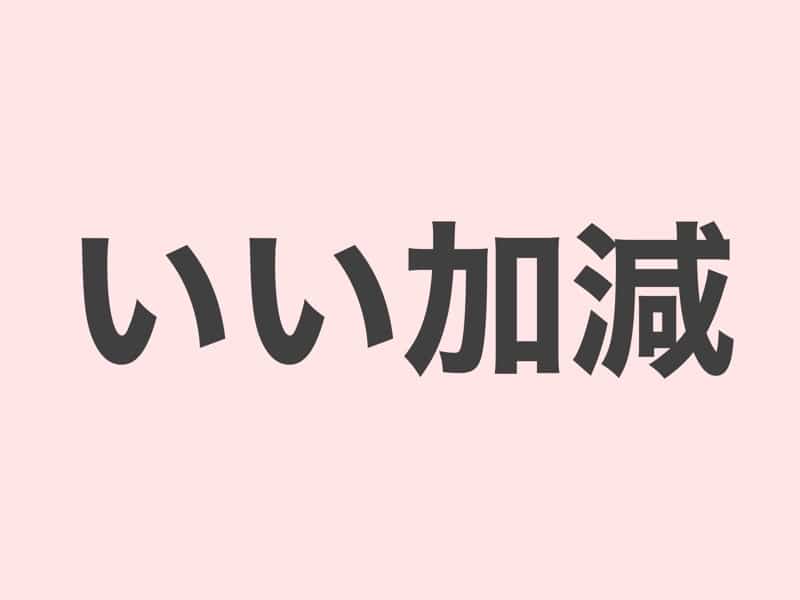In Japanese, the term “いい加減” (iikagen) has both positive and negative connotations, which makes it a nuanced expression. Here’s a breakdown of its meanings and examples of usage.
JLPT Textbook Recommendations
Positive Usage
- Meaning: Adequate, just right, or moderate.
- Examples:
- Refers to an appropriate level of something.
- In daily life, the temperature of a bath or hot spring can be described as “いい湯加減 (ii yukagen),” indicating that it is neither too hot nor too cold but pleasantly warm.
- During a massage or when someone is scratching your back, the right amount of pressure can also be referred to as “いい加減 (ii kagen),” making it a comfortable experience.
Negative Usage
- Meaning: Irresponsible or half-hearted.
- Examples:
- いい加減な人: This phrase refers to someone who is unreliable, such as a person who doesn’t keep promises or speaks nonsense.
- 試合に負けたのはいい加減な練習をしていたからだ translates to “The reason for losing the match was due to inadequate practice,” indicating that the preparation was not sufficient.
- 文句を言うのもいい加減にしろよ means “Enough with the complaining already,” suggesting that one should stop complaining and get to the point.
So, “いい加減” can have both good and bad meanings depending on the context mentioned above!





コメント